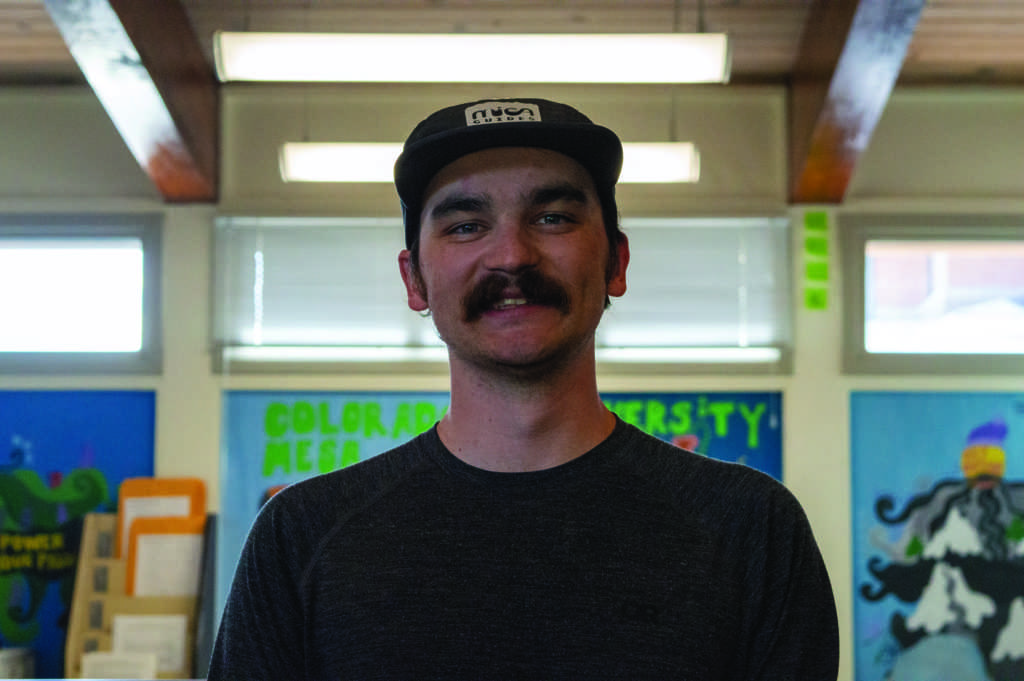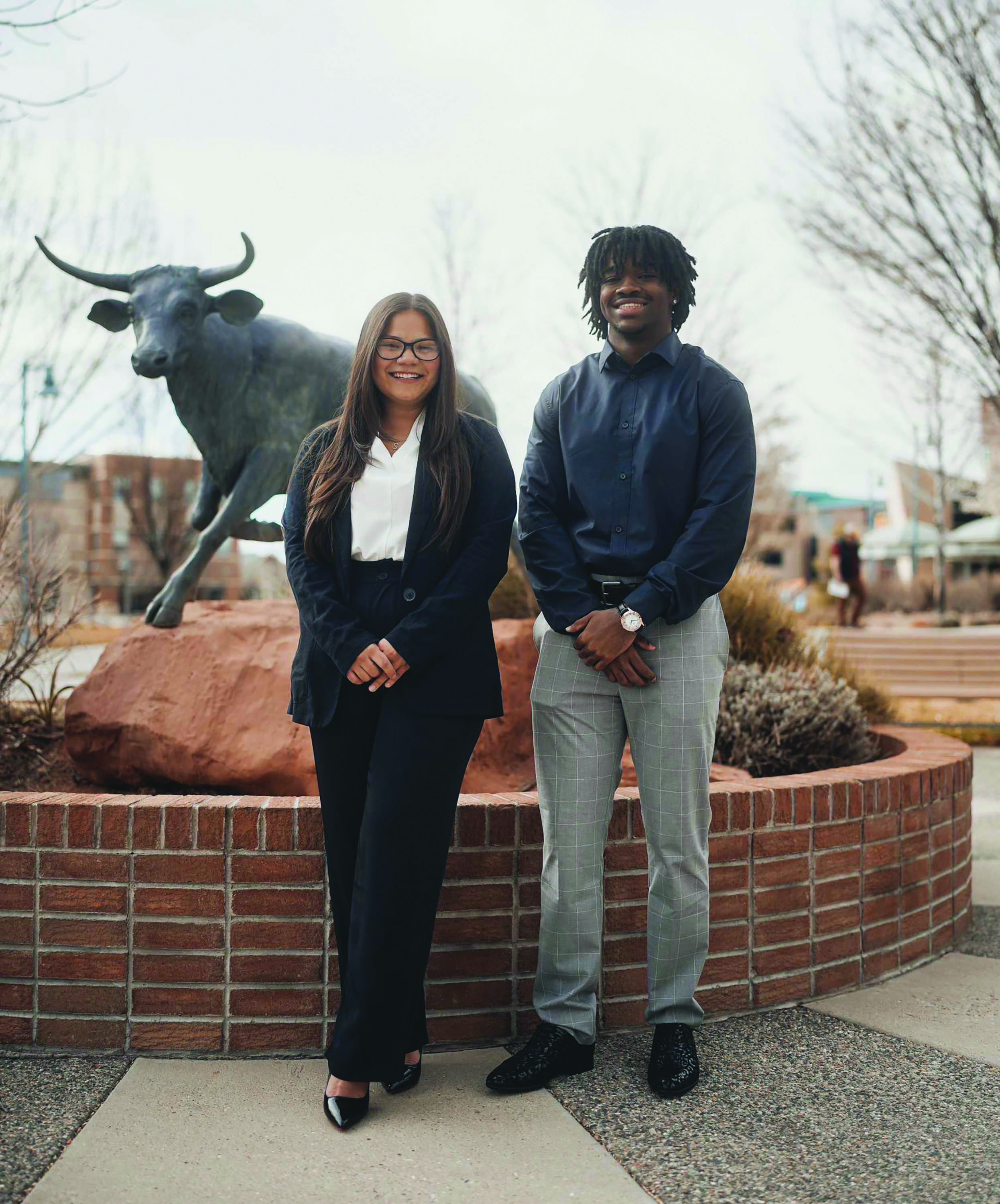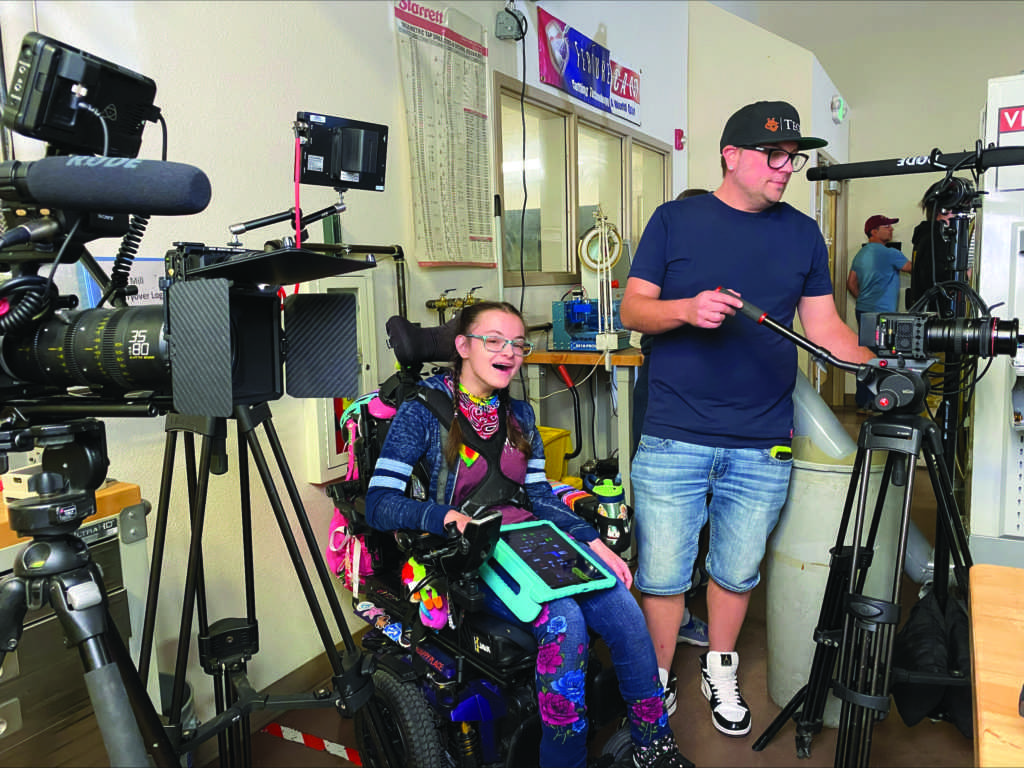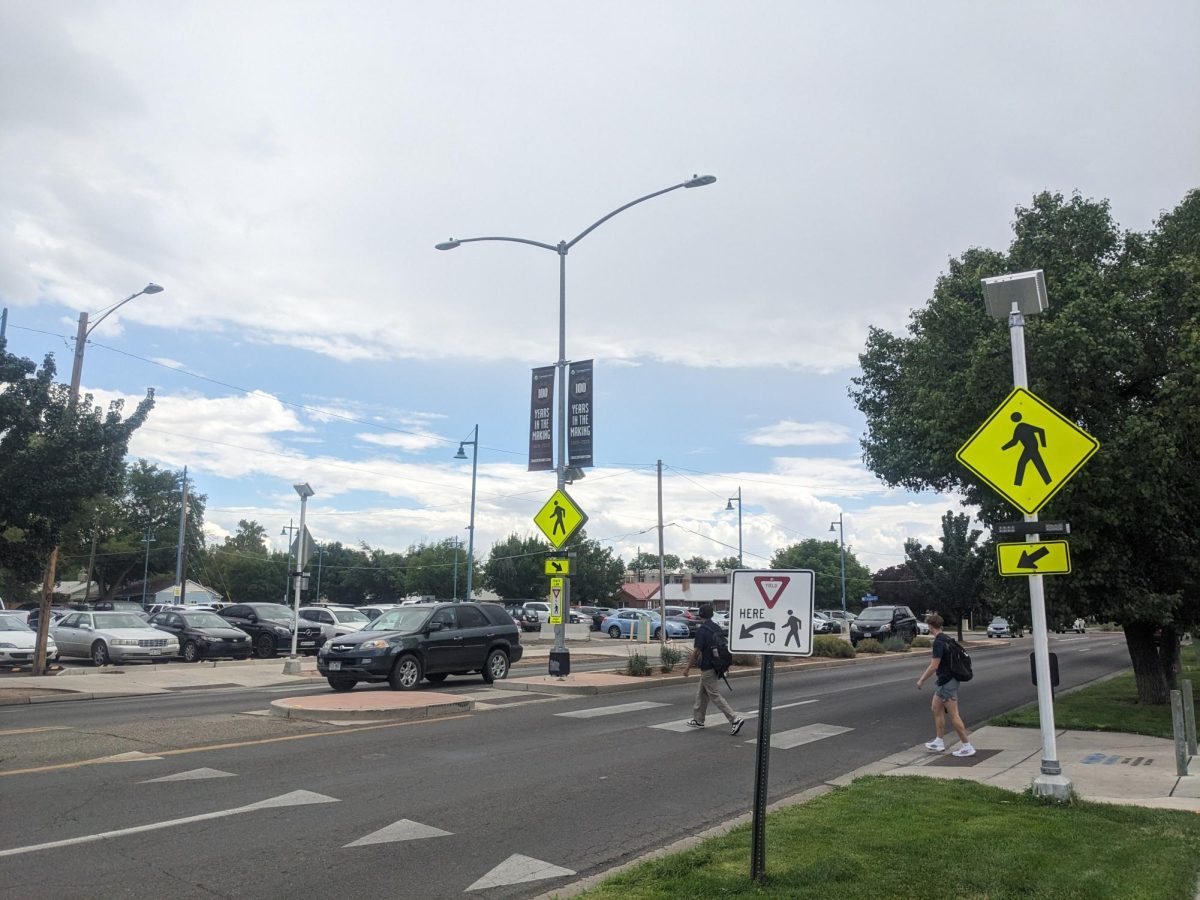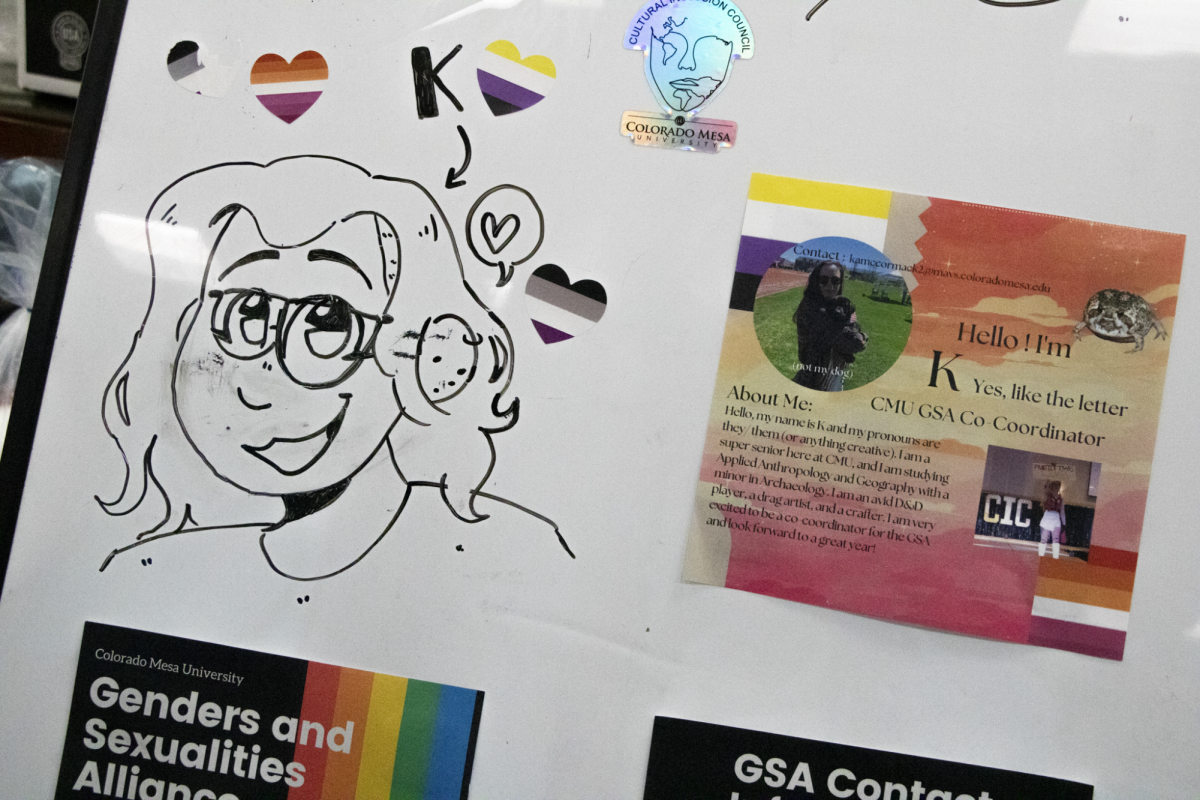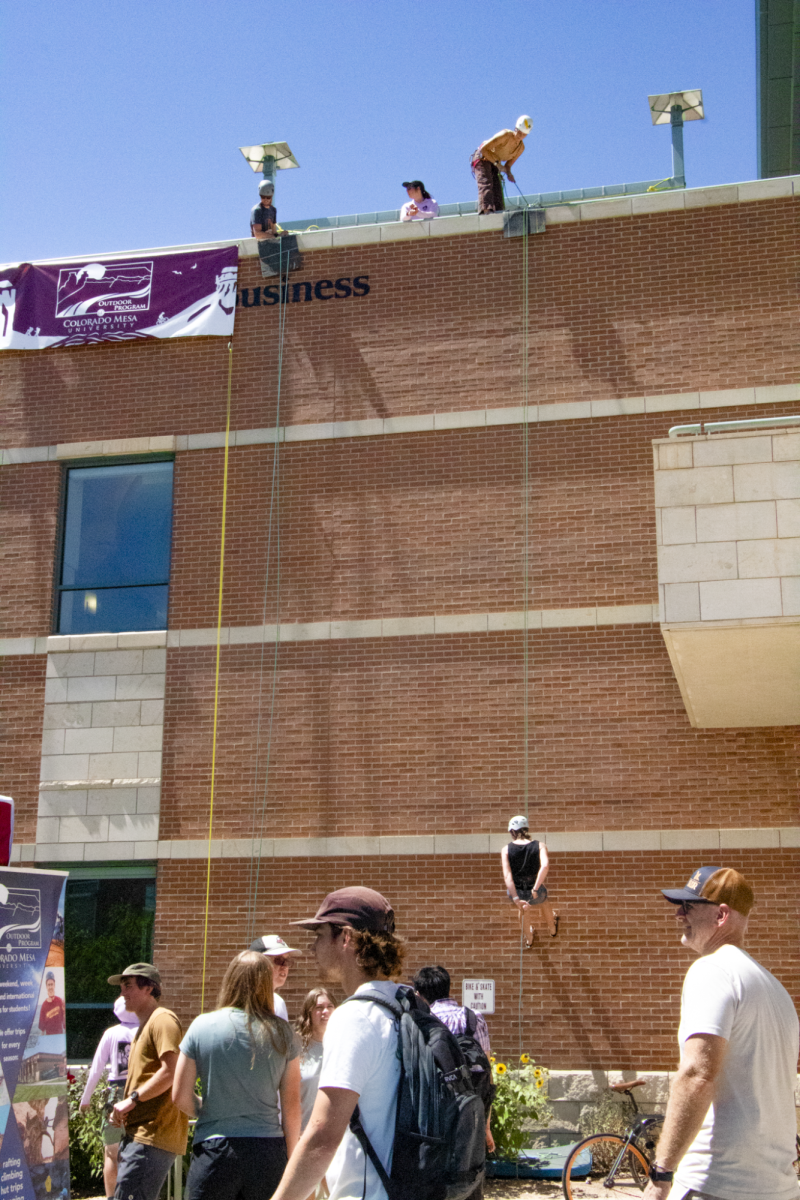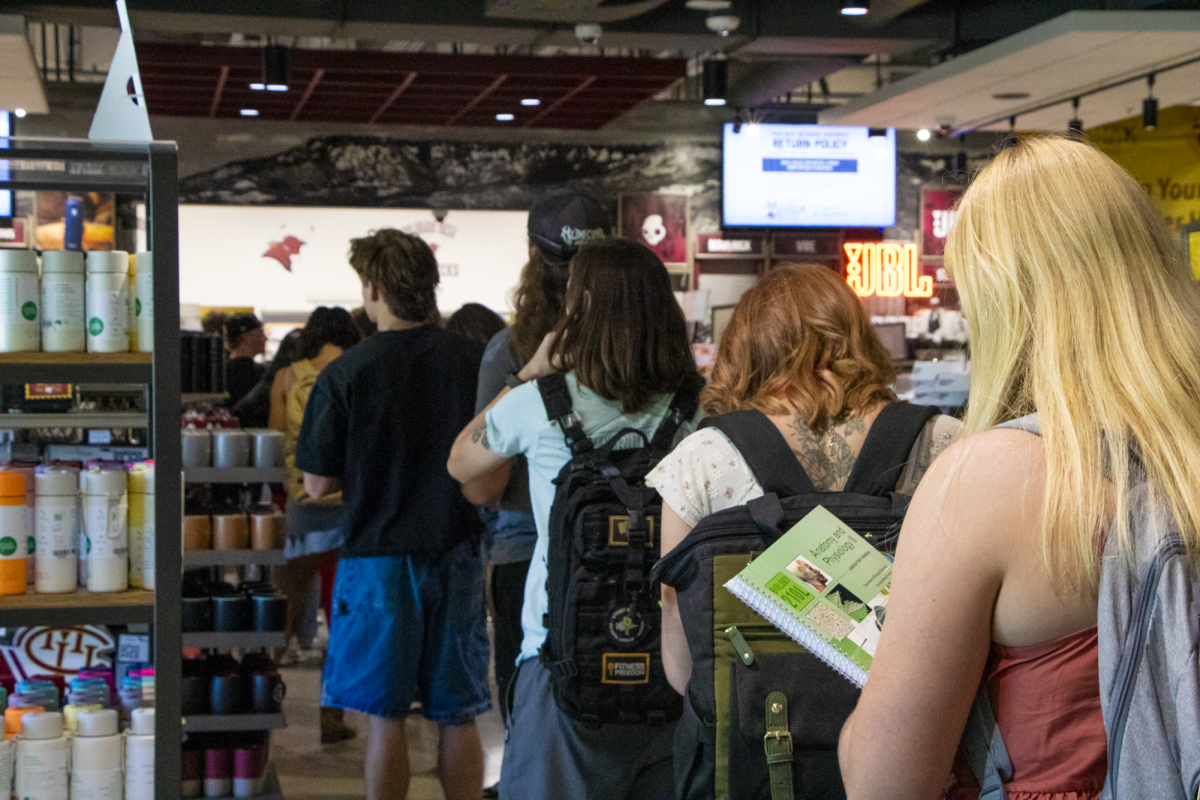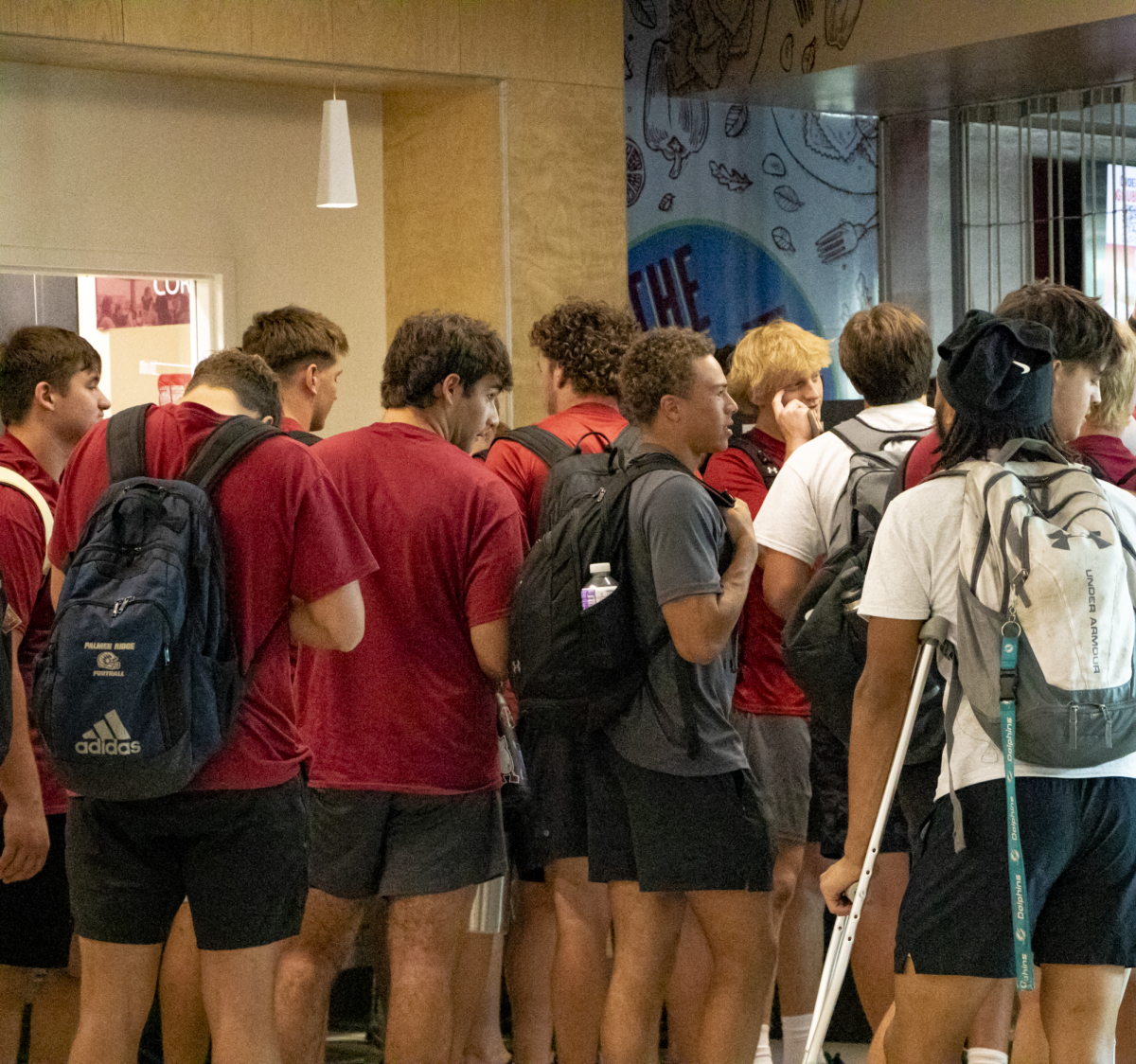Colorado Mesa University (CMU) is continuing its goal of becoming a more inclusive learning environment for every student, by introducing new student and faculty jointly-run committees focused on mental health, sexuality and gender, respectively.
The Director of Advocacy and Health for the campus, Anna Walker, is a member of the new Real Talk Mental Health Committee. The committee launched at the beginning of the Fall semester of 2022, after seeing the results of the campus climate survey–a questionnaire sent out to students that were facilitated and organized by Dr. Nikki Jones.
“Based on the data that came back, students identified a need for mental health awareness and mental health support,” Walker said.
The committee is described as multidisciplinary by Walker, including members from a diverse range of campus organizations, such as residence life, the Maverick Center, staff from The Federal TRIO Program, student services and two student representatives.
In the Fall of 2021, the committee arranged several diverse events, ranging from forest bathing excursions, which promote mindfulness and meditation, a pot painting event, in which participants got to make and keep succulent plants, and providing free five-minute chair massages, with the help of Maverick Center staff. Walker hopes that fun and accessible events like these will continue to advertise mental health resources students can access.
“Our role is to help get those [mental health] resources, get that information out to campus, hopefully in a way that is fun and interactive for students. [We also have] the goal of destigmatizing and normalizing mental health awareness,” Walker said.
Walker describes being excited to work with people across the campus community to create exciting events and workshops on campus.
Along with the formation of the faculty-led Real Talk Mental Health Committee, there will be a subcommittee consisting of only students. Walker is hopeful that, together, the student and faculty committees can work in tandem, and explains that student input is essential to ensuring these initiatives help as many students as possible.
According to the 2021 Mesa County Suicide Report, Mesa County has a suicide rate of over 33 deaths per 100,000 people. This far outpaces the statewide and nationwide averages of 21.5 and 13.4 deaths per 100,000 people respectively.
According to the report, the second-most affected age group in Mesa County is people ages 20 to 29, a transitional time in life, in which many people attend college and can struggle with financial stressors. Notably, only 26% of those who died of suicide in 2021 had any prior access to mental health services.
Walker speaks of the importance of being aware of mental health and getting help when you need it, especially in college, which she describes as a formative time of early adulthood full of stressors and personal growth.
“A lot of mental health disorders really start to develop or present during this time as well, [depending on] where brain development is at a crucial time in someone’s life, and external stressors such as being away from home,” Walker said. “[On the other hand, college is] a great opportunity to address those things as they come up, and learn different skills before it has an even bigger negative impact on your life, post-college,” Walker said.
Walker describes the way that the COVID-19 pandemic seems to have “magnified” mental health struggles in society as a whole, especially for those who struggle with social anxiety for whom the opportunity to stay isolated might have been welcome, with the eventual “opening back up” of things being sensitive. The opposite is those who felt detached from society by having to stay home.
CMU senior Lauren Gausselin reflected on how the COVID-19 pandemic and quarantine affected her and others she knew.
“I think it was variable, I think it depended on who you are and how you went about the situation. Personally, I experienced a lot of growth during the COVID time, but I do know a lot of people who really felt victim to the uneasiness and out of control,” Gausselin said.
On the formation of the new committee and the mental health resources the campus already offers, Gausselin stated “It depends again on whether people will reach out, but personally, I would feel more comfortable getting help if students and faculty are involved in providing resources.”
The creation of the Real Talk committees shows that CMU is committed to providing all the resources it can to students combating struggles when it comes to mental health, gender and sexuality, making the campus a more inclusive learning environment for all.






